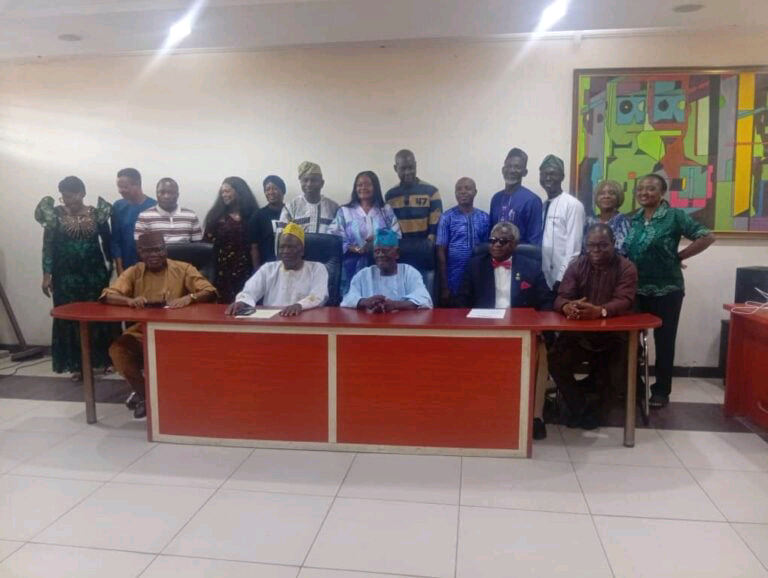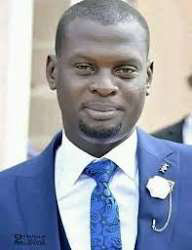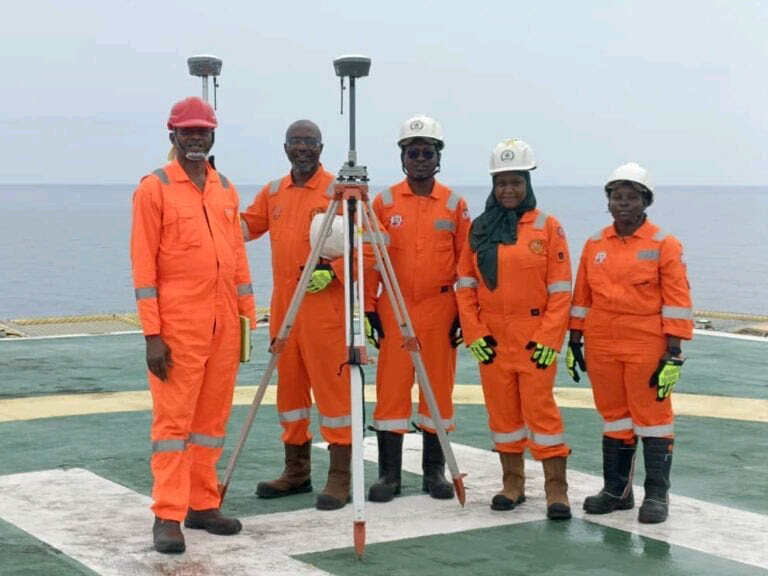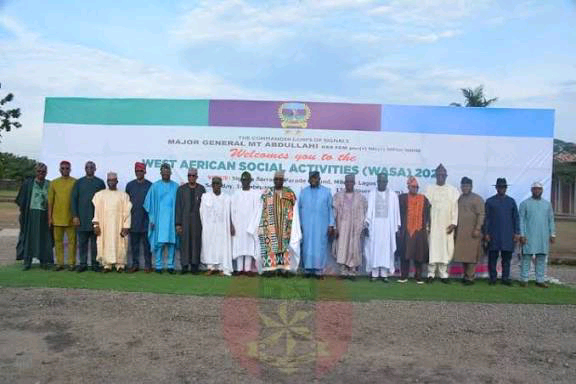Bello El-Rufai Apologises to former President Good luck Jonathan for Undue Criticisms
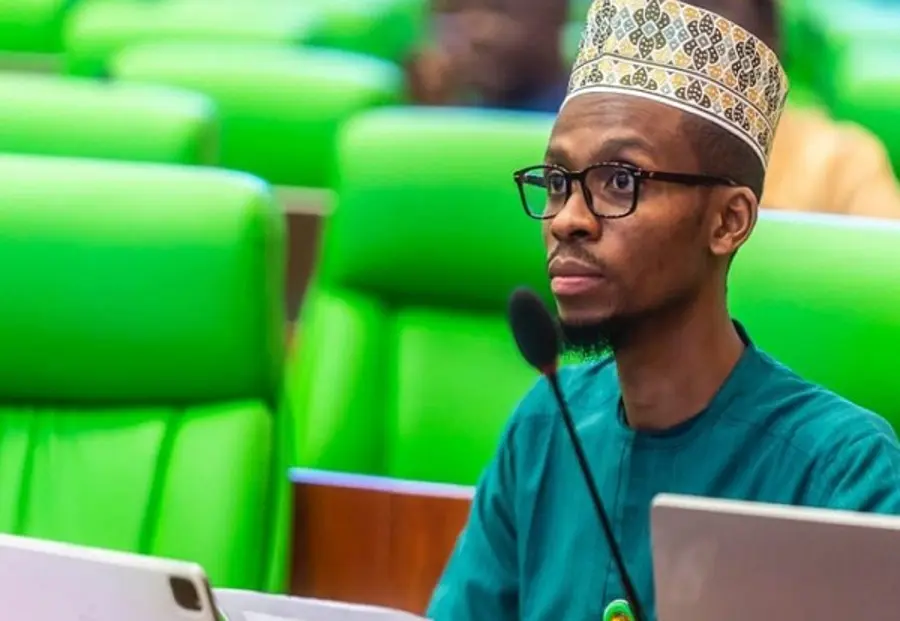
In a surprising turn of events, Bello El-Rufai, a member of the House of Representatives from Kaduna North, has publicly apologized to former President Goodluck Jonathan for his past criticisms of his administration.
El-Rufai, who is the son of former Kaduna State Governor Nasir El-Rufai, made the apology during an appearance on Channels Television’s Politics Today on Thursday evening.
According to El-Rufai, his apology stems from a newfound understanding of Jonathan’s leadership, which he gained after observing his father’s recent efforts to consult with the former president.
He revealed that his father’s decision to visit Jonathan for political consultation made him realize the value of good governance, which he believes was present during Jonathan’s tenure.
El-Rufai acknowledged that his previous criticisms of Jonathan were driven by youthful inexperience and a focus on ego and gratification.
“I was naive, and I thought ego or gratification mattered,” he said. “I used to be very active in criticizing President Jonathan. I even forgot, in my naivety, as many young people do, that we had governance then.”
The lawmaker praised Jonathan for his statesmanship in conceding defeat in the 2015 presidential election, describing it as a rare act of leadership in African politics.
“It takes a lot, particularly in Africa, to lose an election and leave – he did that,” El-Rufai said.
El-Rufai’s apology is a significant development in Nigerian politics, as it highlights the complexities of political relationships and the importance of humility and self-reflection.
The move is also seen as a testament to Jonathan’s commitment to democracy and his willingness to work with others, even those who have criticized him in the past.
The apology has sparked a mix of reactions from Nigerians, with some praising El-Rufai for his courage and others criticizing him for his past actions. However, the development is likely to be seen as a positive step towards healing and reconciliation in the country’s political landscape.


